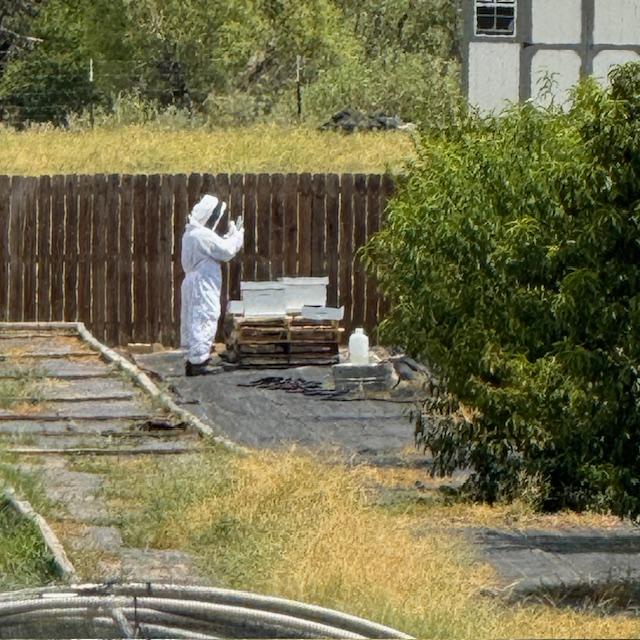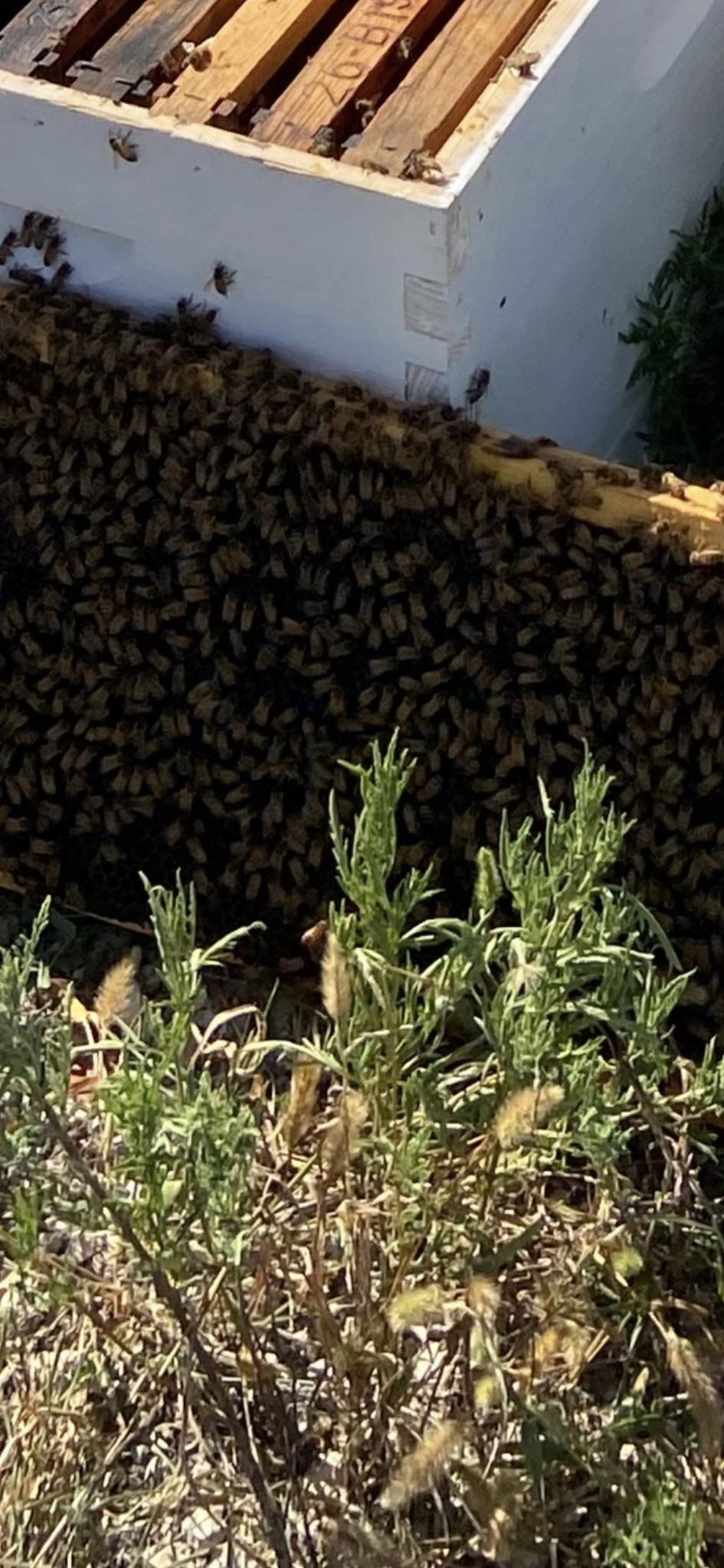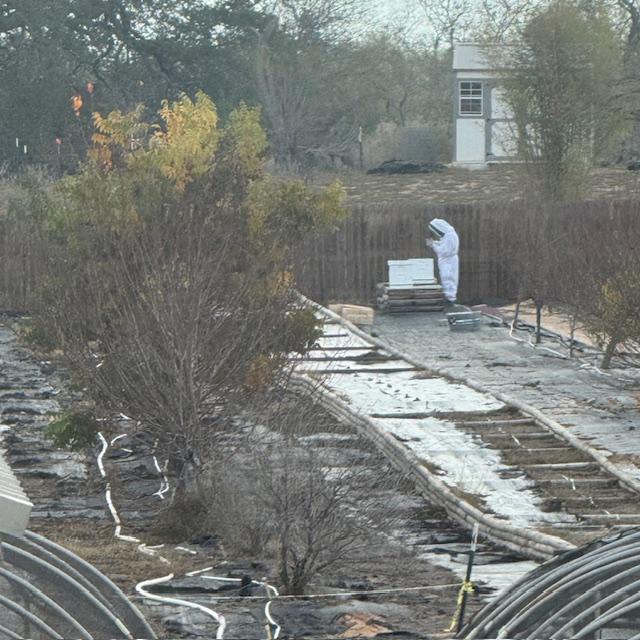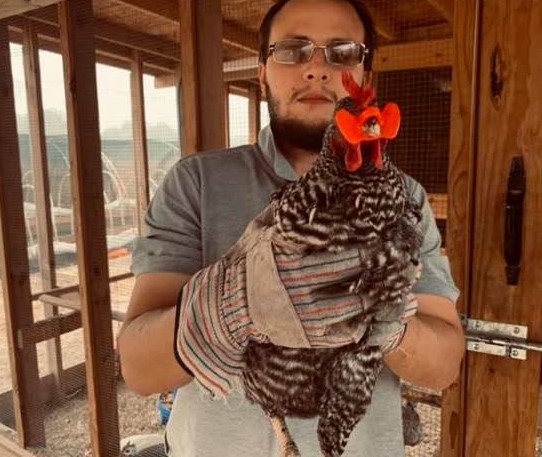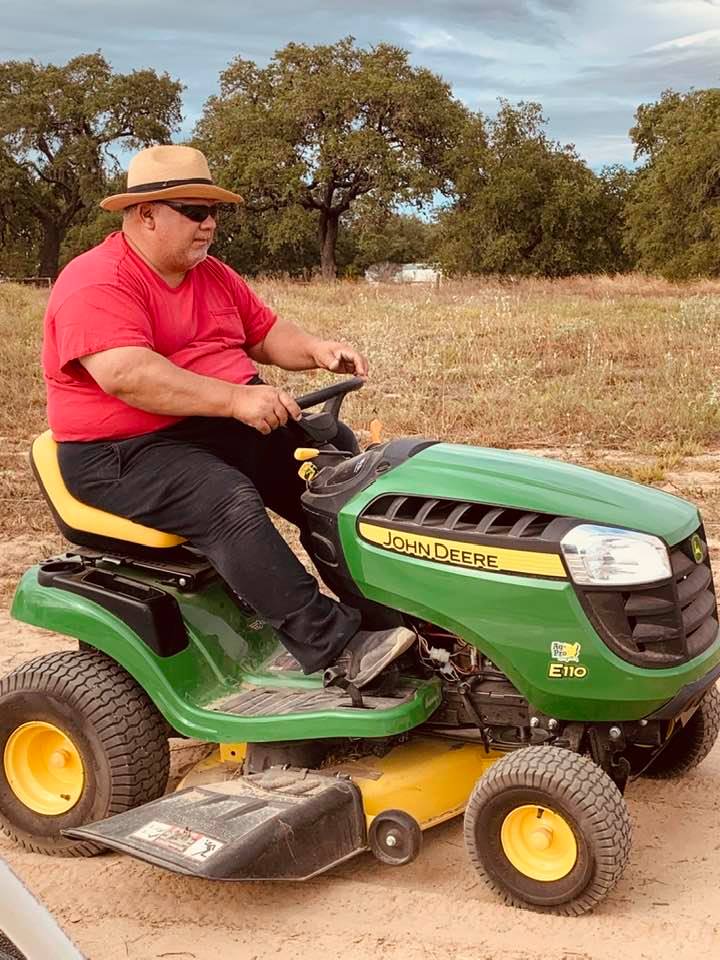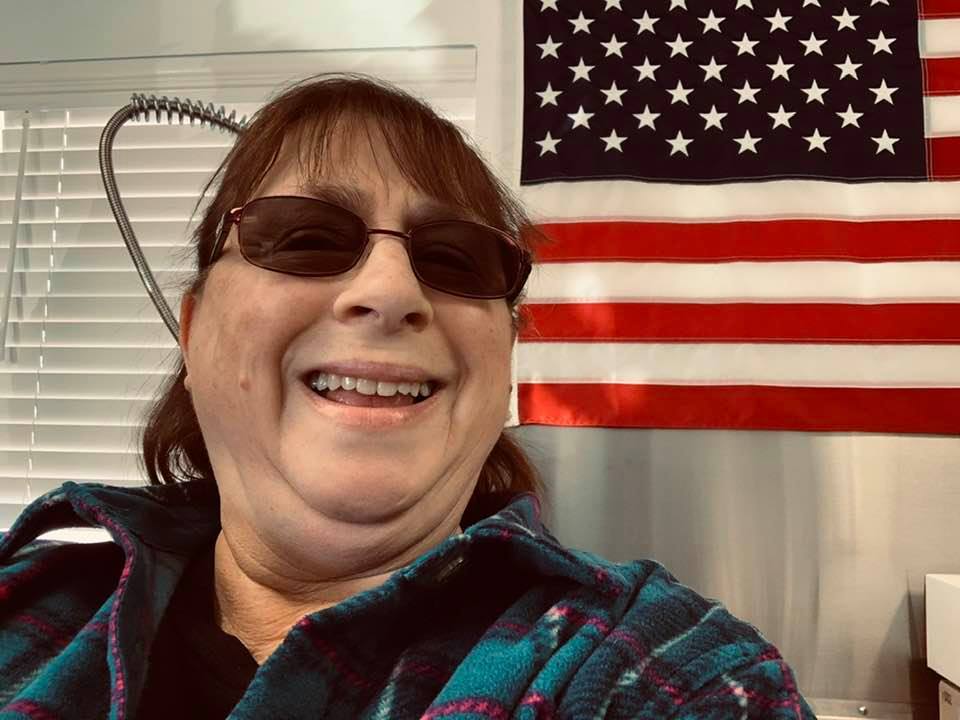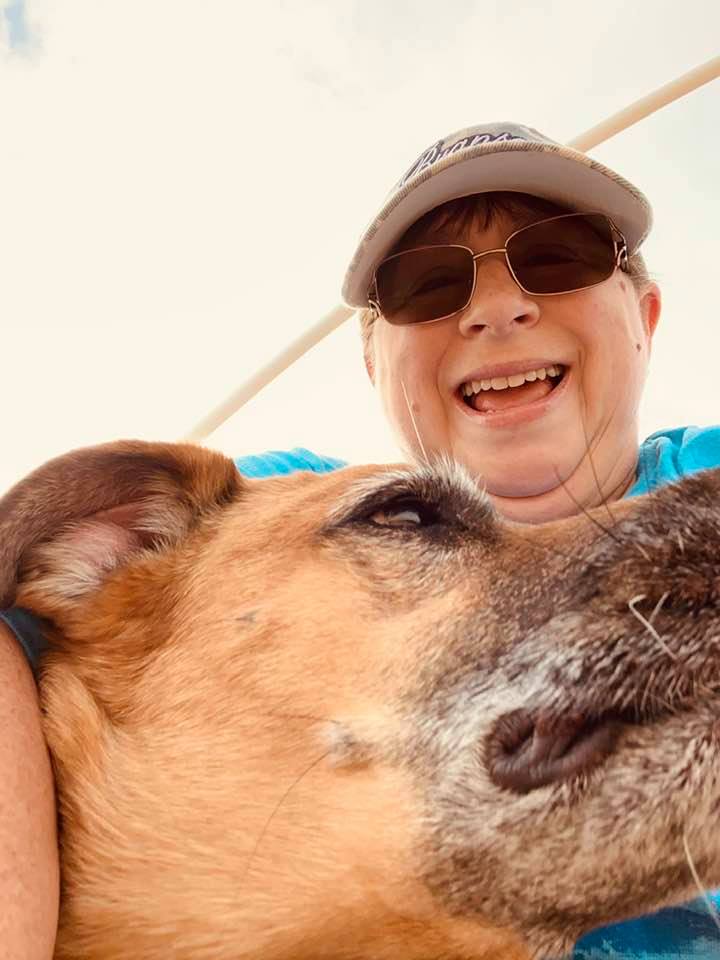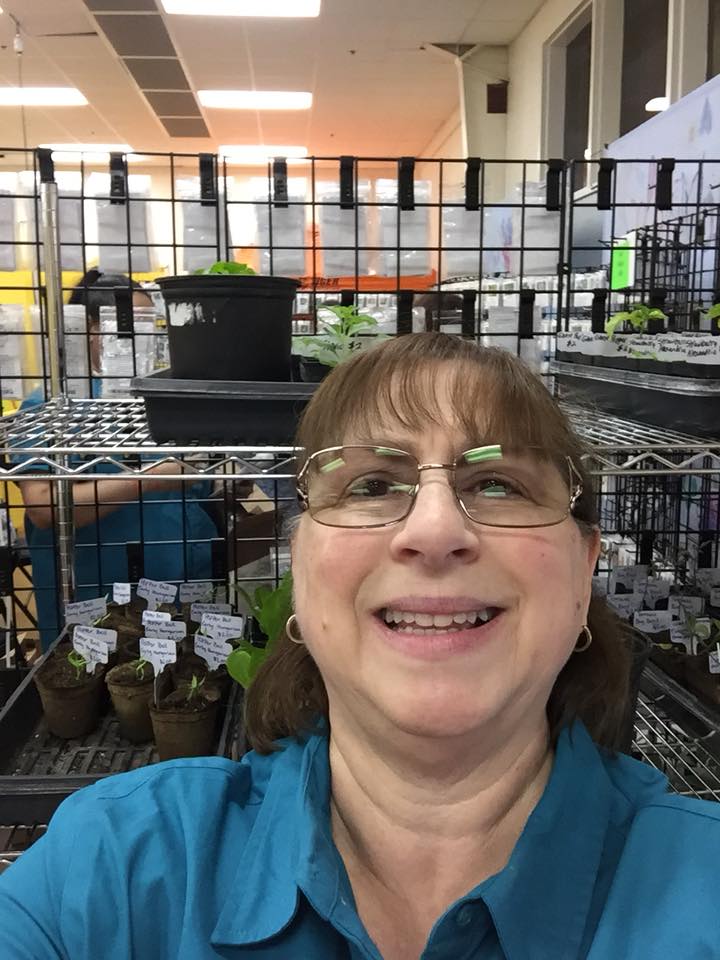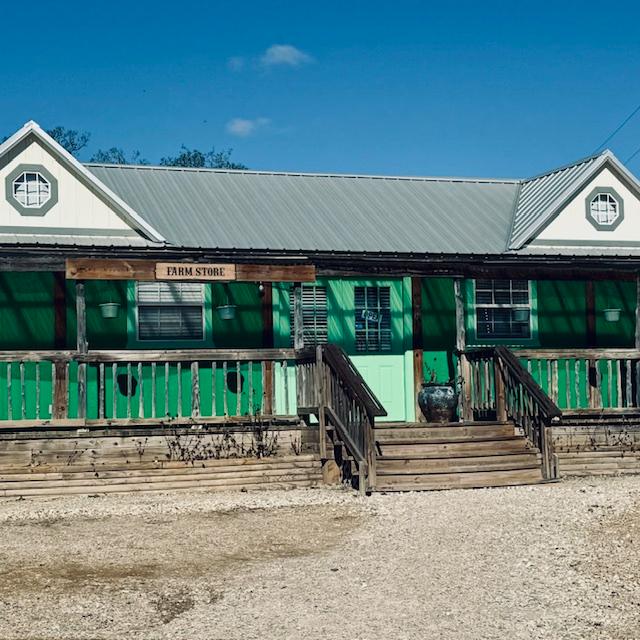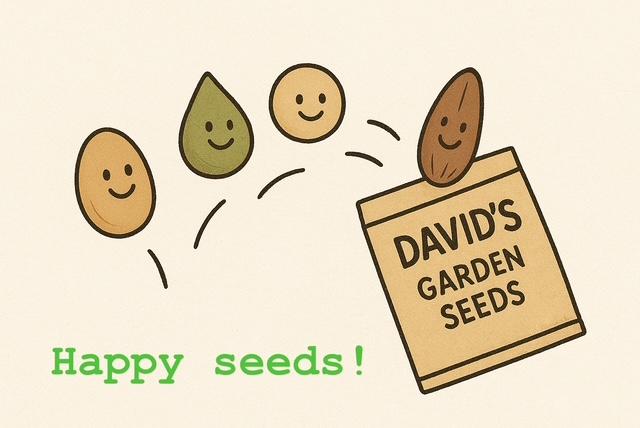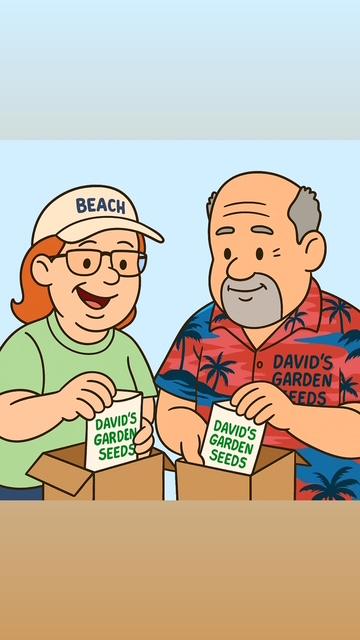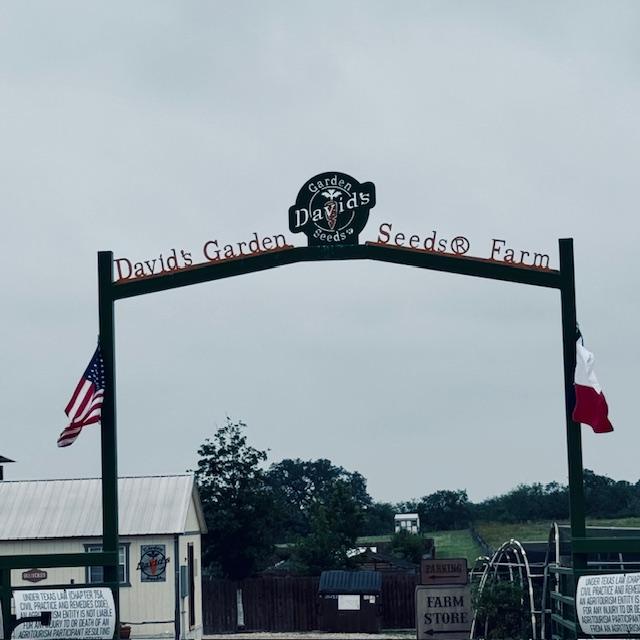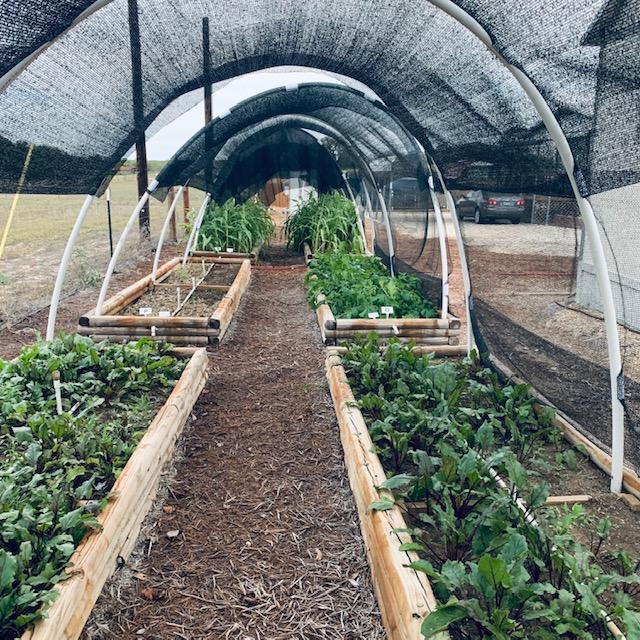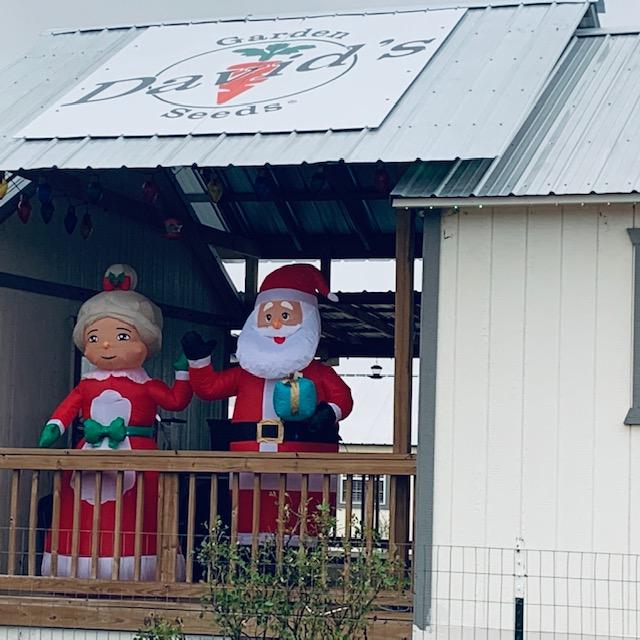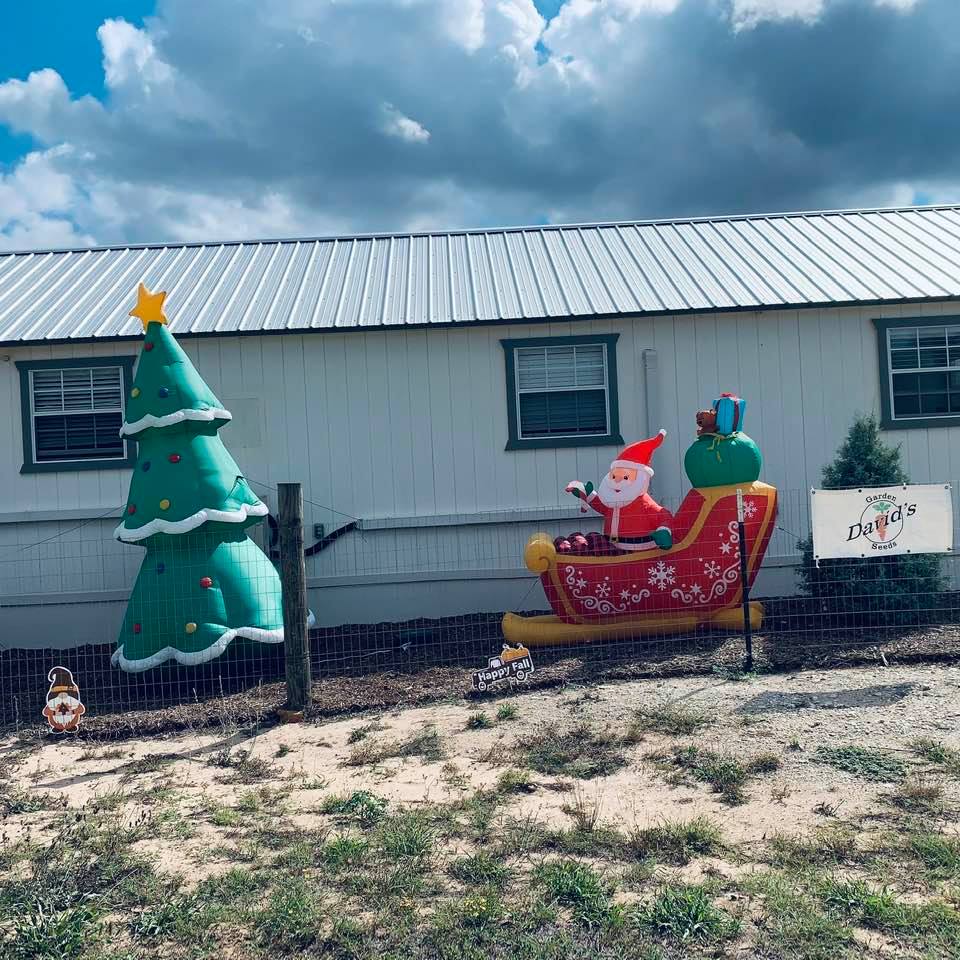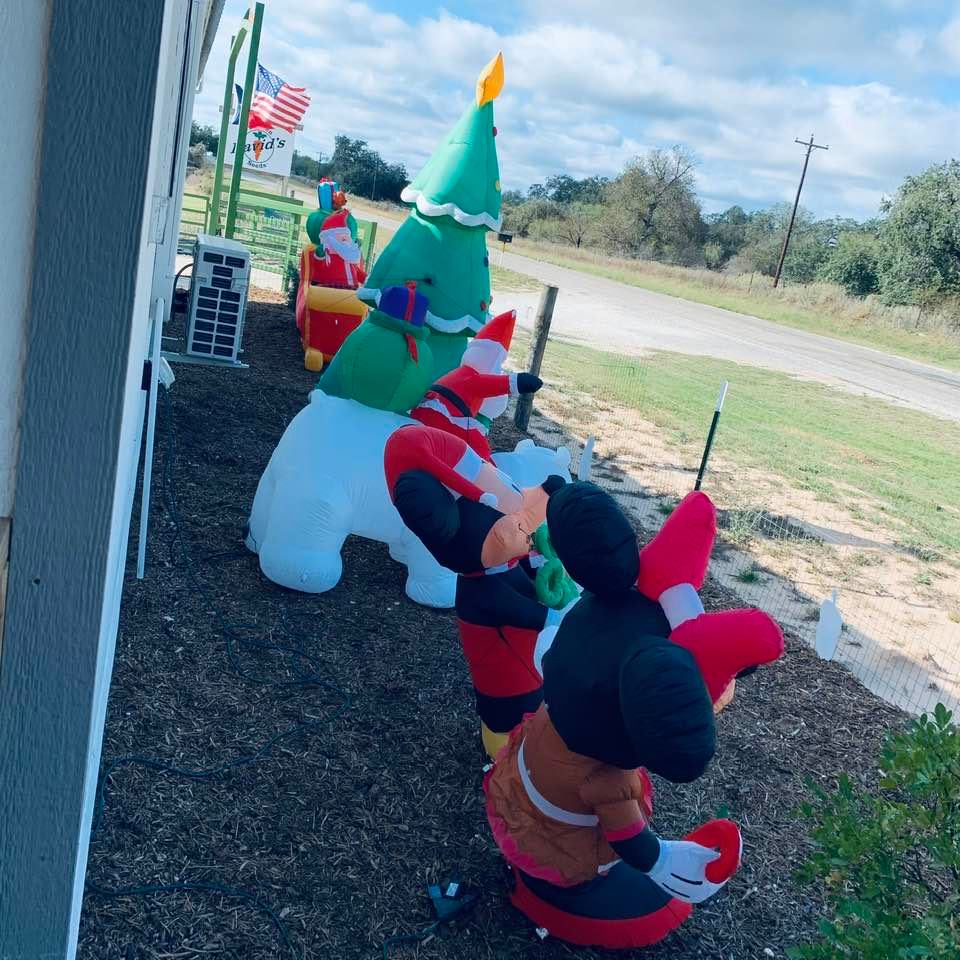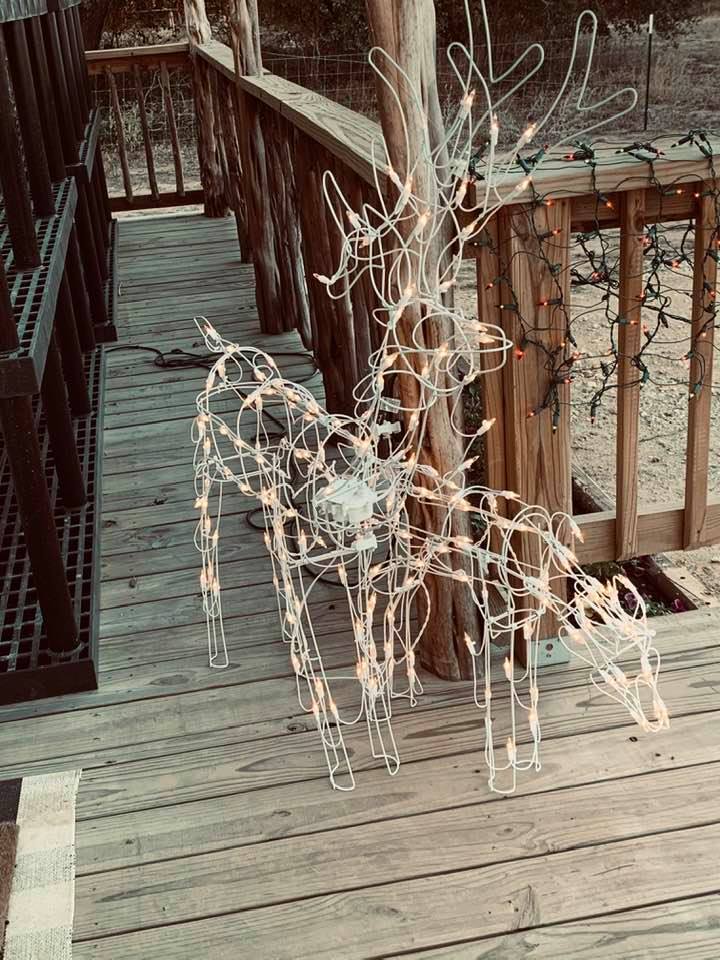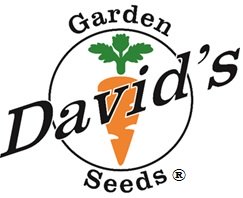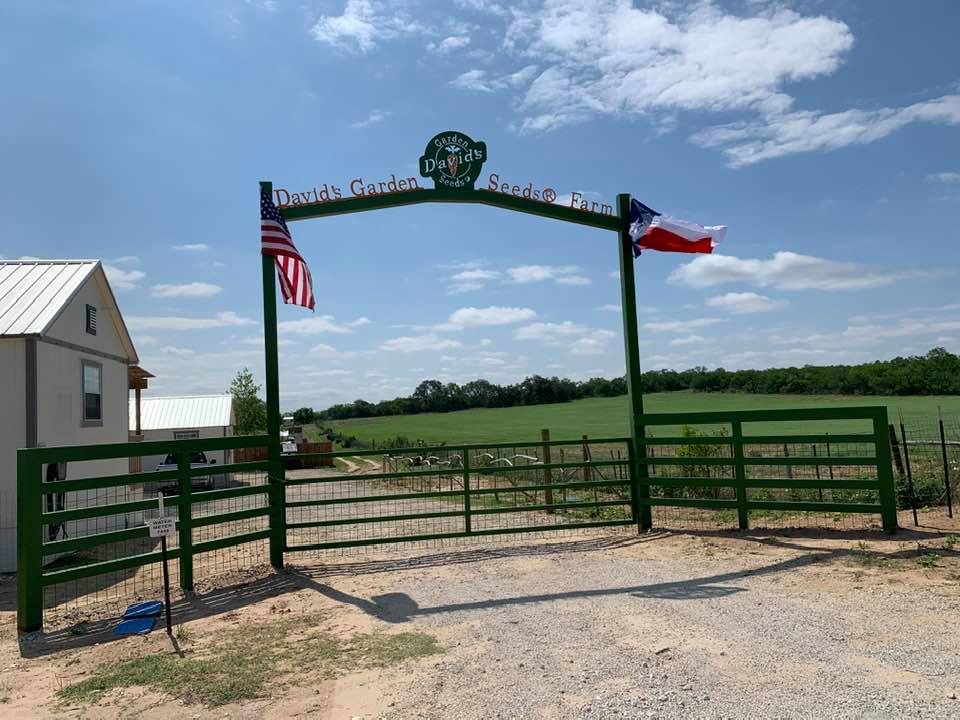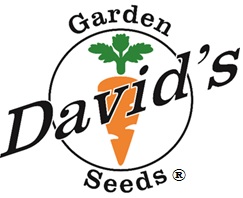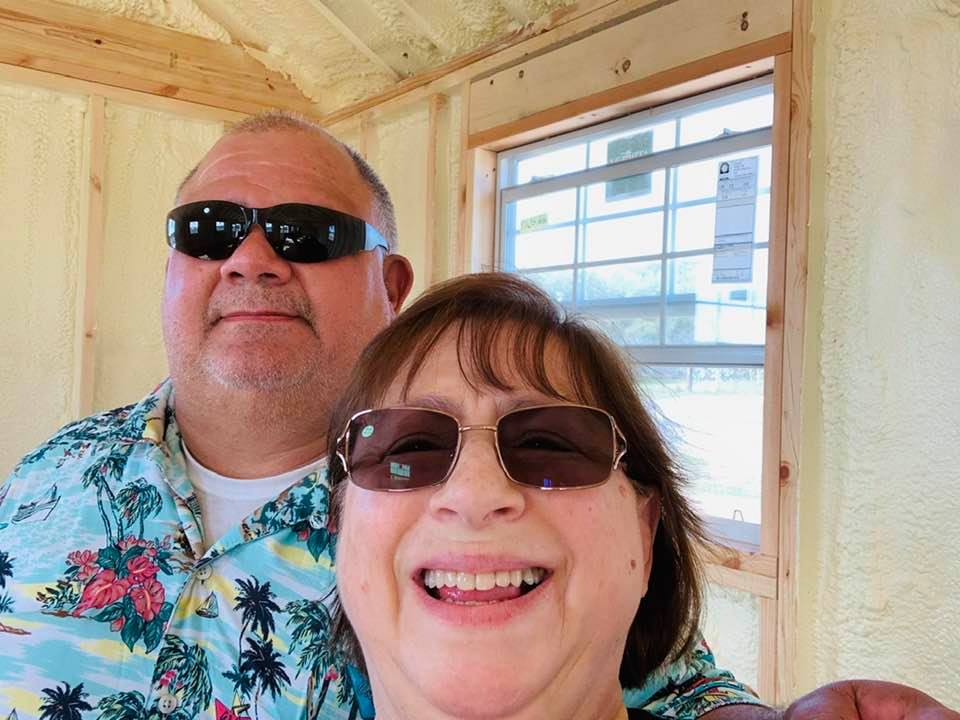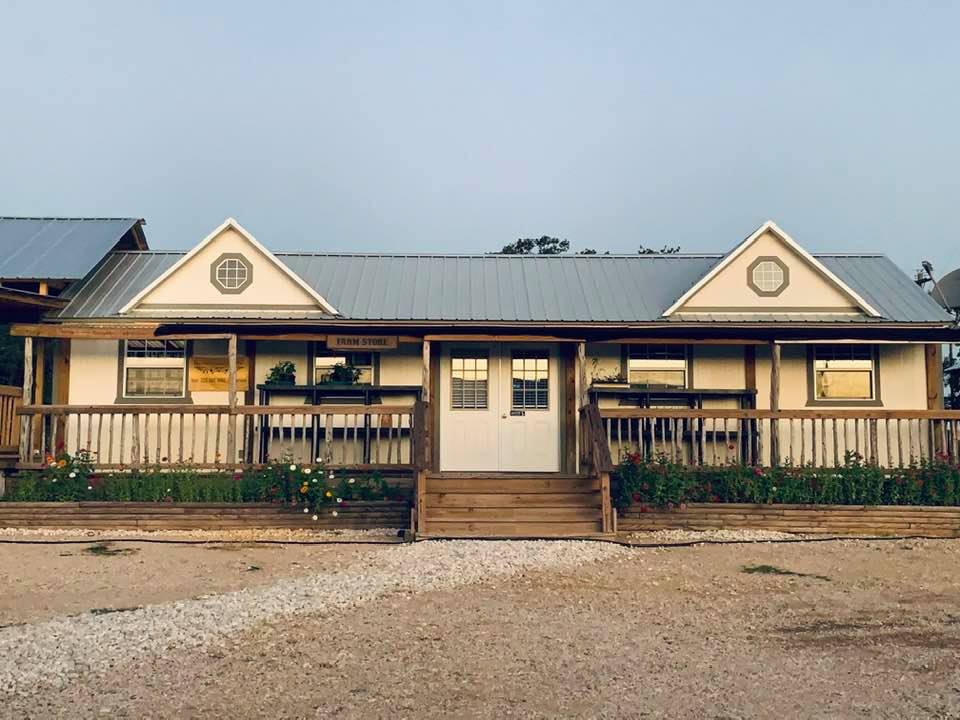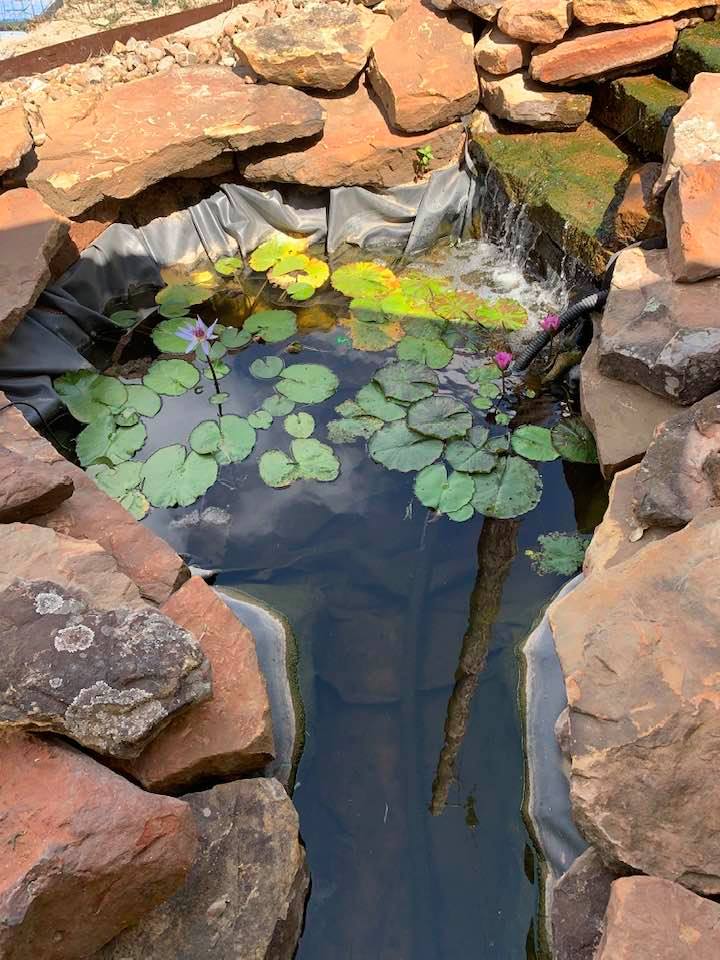Raising Bees In Texas
Hey there, fellow Texan! Are you looking to dive into the world of raising bees in Texas? It’s an exciting journey, especially here in the Lone Star State, where our warm climate and diverse flora make it a bee haven. Whether you're an urban gardener or you’ve got sprawling land, raising bees can be rewarding as you watch your garden flourish and contribute to saving the planet.
David and I talked about getting bees for five years, ever since we moved out to the farm. Most places that sell bees make you take a bee class before you can buy them.
He called around and finally found some people who were very nice. Yes, we would have to take an all day class that is not cheap. The problem was that it was in Round Rock, Texas, about three hours away. So back in August of 2024, we drove up to Round Rock on a Friday and spent the night. Class started at 8am on Saturday.
Before we were there for one hour, they had us suiting up and driving somewhere to a field where they keep their beehives. Well, we got lost and missed the whole first part of the class out there. That definitely did not help. They should have had everyone leave together and caravan over but most people in the class live there in Round Rock.
Once that part was over, we got to go back to the classroom and sit for the rest of the day, then drive three hours home. We were not allowed to get the bees that day. David had to drive all the way back the next Friday to pick up the two hives. We got some of the last bees of the year. From September on, this place will not sell any more bees until spring. You have to place your order ahead of time.
Raising Bees In Texas
First things first, you've got to decide if raising bees is right for you. Beekeeping is more than just collecting honey from bees; it's about creating a healthy environment for your buzzing friends. You'll need time, patience, and a little bit of upfront investment. Are you ready for the commitment?
Timing is crucial when starting your bee journey. The best time to get your bees is in early spring. This timing allows your bees ample opportunity to establish themselves, collect nectar, and build up enough honey reserves to survive the winter months.
Now, let’s talk about the queen bee, the cornerstone of your hive. She’s the mother of all the worker bees and plays a crucial role in maintaining the hive's population. When purchasing bees, ensure your queen is healthy to guarantee a thriving hive.
It’s heartbreaking when bees die, and it’s important to know why it might happen. Factors such as disease, pests like the Varroa mite, and pesticides can affect your bees. Learning about these risks can help you manage and protect your hive effectively.
Raising Bees In Texas - Your First Hive
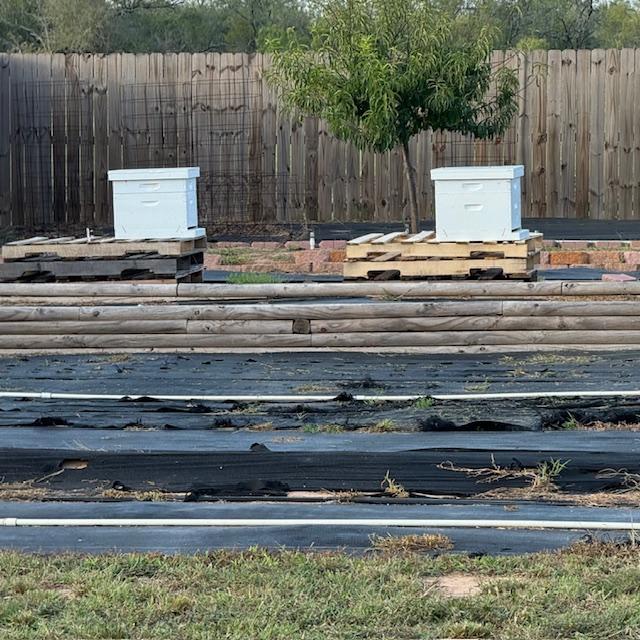 Our first bee hives were placed in our orchard. In the spring, there will be plenty of fruit blossoms on the trees for food.
Our first bee hives were placed in our orchard. In the spring, there will be plenty of fruit blossoms on the trees for food.Moving on to practical steps, getting your first hive is one of the most thrilling parts of starting out. You’ll need to decide between a Langstroth, Top-Bar, or Warre hive, each with its own pros and cons. For beginners, a Langstroth hive is often recommended due to its ease of use and widespread support.
Setting up your hive location is a key decision. Choose a sunny spot that’s sheltered from strong winds. Ensure easy access to water and plenty of nearby flowers to keep your bees happy and foraging well.
Hive maintenance is crucial for a thriving colony. Regular checks every couple of weeks will help you monitor your bees, assessing their health and productivity. Always wear protective gear to reduce the risk of bee stings and to feel more confident during inspections.
Feeding your bees might become necessary, especially during times when natural food is scarce, like in early spring or late fall. Sugar water is a common supplement provided in a 1:1 or 2:1 ratio, depending on the season.
As your bees grow, you’ll need to expand your hive by adding extra hive boxes or "supers." This gives your bees more space to fill with honey, helping them feel comfortable and productive.
Ensuring your hive stays warm in winter and cool in summer is essential. Insulating your hive during colder months and providing shade and ventilation during summer can keep your colony thriving through all seasons.
Raising Bees In Texas - Water
Bees need water just like we do. Set up a water source close to your hive by using a shallow basin with stones or twigs for landing. This helps avoid their wandering into neighbors' pools or birdbaths, keeping everyone happy.
Planting bee-friendly flora is a wonderful way to support your bees. Texas native plants like Texas Lantana, Coneflower, and Bluebonnets provide excellent nectar sources and a colorful garden.
Supplementing your bees’ diet with pollen patties or protein supplements can support them, especially during low foraging seasons, ensuring they remain healthy and robust.
Choosing the right gear is crucial for every beekeeper. A bee suit, gloves, and a smoker are essential items that will keep you safe and make interacting with your bees much easier.
Protecting your hive from potential threats such as predators and pesticides involves setting physical barriers and advocating for pollinator-friendly practices in your community.
Raising Bees In Texas - Getting Honey
When thinking about harvesting, you probably wonder, "When will I get my first honey from the bees?" Generally, you should wait until the second year to ensure your bees have enough reserves for winter survival.
Handling bees can be daunting, especially worrying whether they might sting. While bee stings are a possibility, with gentle handling and proper gear, they’re not as frequent as you might fear.
As you begin collecting honey from bees, remember to balance harvesting with the needs of your hive. Take only surplus honey and always ensure sufficient supplies are retained for the bees themselves.
Beehives require space, so make sure you have the necessary area in mind before you purchase your first colony. Keep in mind local ordinances regarding hive placement.
Let me share a personal tale. The first time I set up my beehive, I was uncertain but enthusiastic. Watching my garden transform and teem with life, thanks to these little pollinators, has been one of the most gratifying experiences.
There’s a sense of wonder in beekeeping, a connection to nature that goes beyond gardening. Supporting these incredible creatures helps sustain our ecosystem in vital ways.
There’s no need for extensive acreage. Even if you have a small backyard, raising bees in Texas is possible, thanks to the multitude of micro-climates and floral diversity our state offers.
Consider joining local beekeeping clubs or forums to connect with fellow beekeepers. Sharing experiences and advice is invaluable for both beginners and seasoned apiarists.
Start small, perhaps with just one or two hives, and build from there. As your knowledge and confidence grow, so can your beekeeping endeavors.
Educate yourself about bee diseases and common hive issues. Prevention and early detection are your best allies in maintaining a healthy hive.
Remember that not every garden flower benefits bees. Opt for single-petaled, non-hybrid plants as they usually possess more nectar and pollen.
Beyond pollination, bees offer a golden reward—honey! But their influence extends further, contributing to the planet's health by maintaining plant biodiversity.
Gear For Raising Bees In Texas
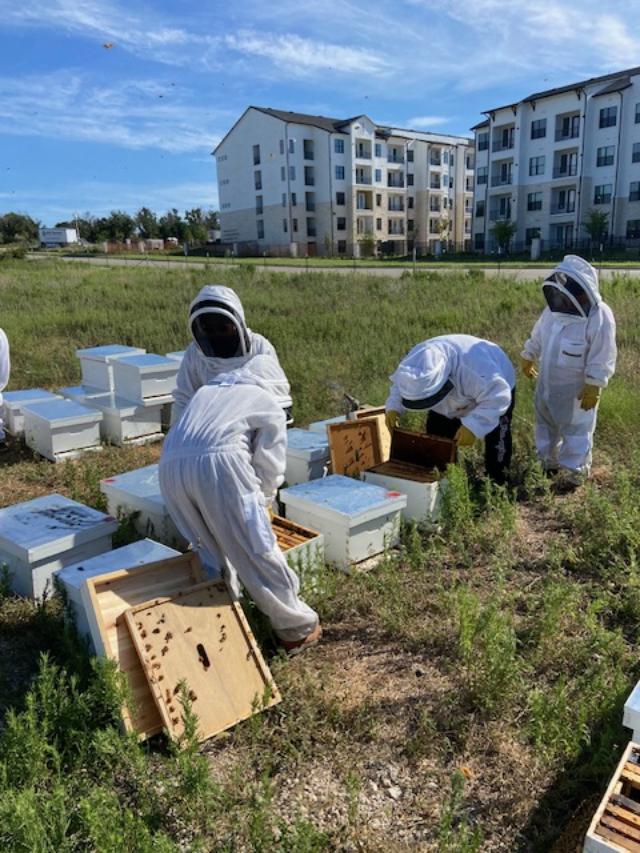
Gathering the gear for beekeeping can be fun. Look for package deals or starter kits from reputable suppliers to get everything you need.
Inquire about local beekeeping laws. Regulations can vary significantly between urban and rural areas, so it’s important to be informed.
Consider your neighbors when placing your hive. Ensure the hive is positioned in a way that bees’ flight paths don’t intersect with common areas.
Protecting bees doesn’t stop at the hive. Contributing to broader environmental practices supports them and other pollinators globally.
During hive inspections, be gentle. Avoid sudden movements and loud noises—bees respond best to calm and steady actions.
Locking frames safely and moving slowly helps keep bees calm during inspections and when collecting honey from bees.
Bees require a diverse range of flowers to support their diet. Mix perennials, annuals, and flowering shrubs to ensure year-round blooms.
Expansion is exciting. Adding more bees or hives requires careful planning—consider space, resources, and your commitment level.
Integrate bee education with your gardening. Encourage kids or visitors to learn about bees’ roles in the ecosystem during casual garden tours.
Sometimes, bees will swarm, which is a natural reproduction process. Understanding and managing swarming behavior is an insightful part of beekeeping.
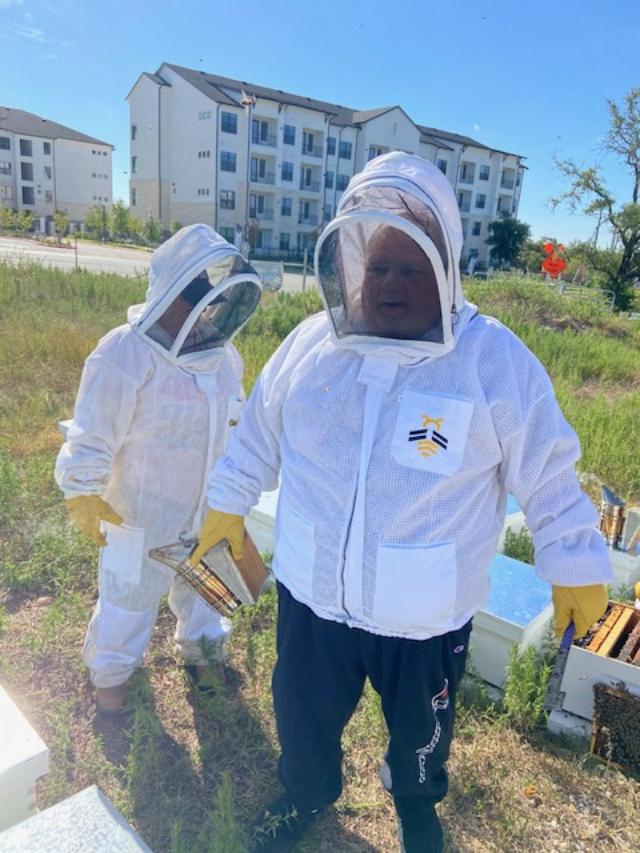 You will need boots, a full body suit including the hood that zips to the suit and completely covers the head, as well as thick bee gloves.
You will need boots, a full body suit including the hood that zips to the suit and completely covers the head, as well as thick bee gloves.Raising Bees In Texas - Care & Maintenance
Seasons change, and with them, the needs of your bees. Adapting your hive management according to the time of year keeps your colony robust and healthy.
During droughts, water becomes critical. Ensure your water sources are always replenished and accessible for your bees.
Pesticides present a genuine threat to bees. Whenever possible, use organic or natural pest control options in your garden.
Establish a timeline for regular hive checks. A steady routine helps you catch issues before they escalate.
Pests like the Small Hive Beetle or Wax moth can cause devastation if unchecked. Regular inspections help keep them at bay.
Wintering bees need special care. Insulation, ensuring adequate honey reserves, and slight hive ventilation keep them comfortable.
Use transitional periods, like spring and fall, to reorganize and prepare your hives for upcoming seasonal demands.
You might wonder, "What kind of gear should I have while dealing with bees?" Essentials include hive tools, protective clothing, and a smoker for calming bees during inspections.
Consider climate-specific recommendations when raising bees in Texas. Our heat requires extra water and potential hive shade solutions to prevent overheating.
In bloom times, bees are busier than ever. Familiarize yourself with your local flowering schedule to predict bee activity and plan your interventions.
Initiating your beekeeping journey can feel overwhelming. Break it down into steps: research, prepare, acquire bees, and enjoy the process.
Preventing hive theft and vandalism may not be a concern initially, but security measures can protect your investment.
Keep experimenting with different flora to find the best forage sources for your bees and subsequently observe how it influences their honey.
Regular cleaning and maintenance of beekeeping equipment ensure that all tools function optimally and last longer.
If your bees start behaving aggressively, reassessing their environment and management could unearth stressors causing the behavior.
Encourage others to support bees even if they’re not beekeepers—education and awareness about bee importance are as significant as beekeeping itself.
Celebrate small successes on this adventure. Every jar of honey and each pollinated flower stands testament to your efforts in raising bees in Texas.
Finally, remember, your beekeeping story is uniquely yours. As you develop your skills, each bee flight and every hive inspection will add a chapter filled with learning, blooming gardens, and the sweet taste of success. Happy beekeeping!
Return from Raising Bees In Texas to Home
Anything To Share On This Topic?
Would you like to share additional information about this topic with all of us?
Since 2009, over 2,000,000 home gardeners, all across the USA, have relied on David's Garden Seeds® to grow beautiful, productive gardens. Trust is at the heart of it. Our customers know David's Garden Seeds® stocks only the highest quality seeds available. Our mission is to become your lifetime supplier of quality seeds. It isn't just to serve you once; we want to earn your trust as the primary supplier of all of your garden seeds.
Watch Our 2022 TV Commercial!
Sing Along To Our Jingle
♪♫♪♪ ♫ ♪ ♫♪♫♫
♪♫♪♪♫♫
Peppers and peas
And lots of yummy greens
You can't go wrong
With Squash This Long
At David's Garden Seeds
♪ ♫ ♪ ♫
Our New 2024 TV Ad
Please like and subscribe on YouTube and come visit us at our Farm Store! The music on our TV ad was written, played, and sung by our son, Matthew Schulze. You can meet him when you come to the farm. He just might give you a tour. Ask him to grab a guitar and sing our jingle that he wrote.

We are David's Garden Seeds®. If you need great seeds, we've got over 1,200 varieties to choose from.
Subscribe To Mrs. David's Garden Seeds® Newsletter For FREE!
Find out what is going on down on the farm by reading our blog and by subscribing to our free newsletter for all of the information going down at David's Garden Seeds® and on the farm. I love to share helpful information with you. Please let your friends know and y'all come on down for a visit when you get the chance. We would love to meet you!
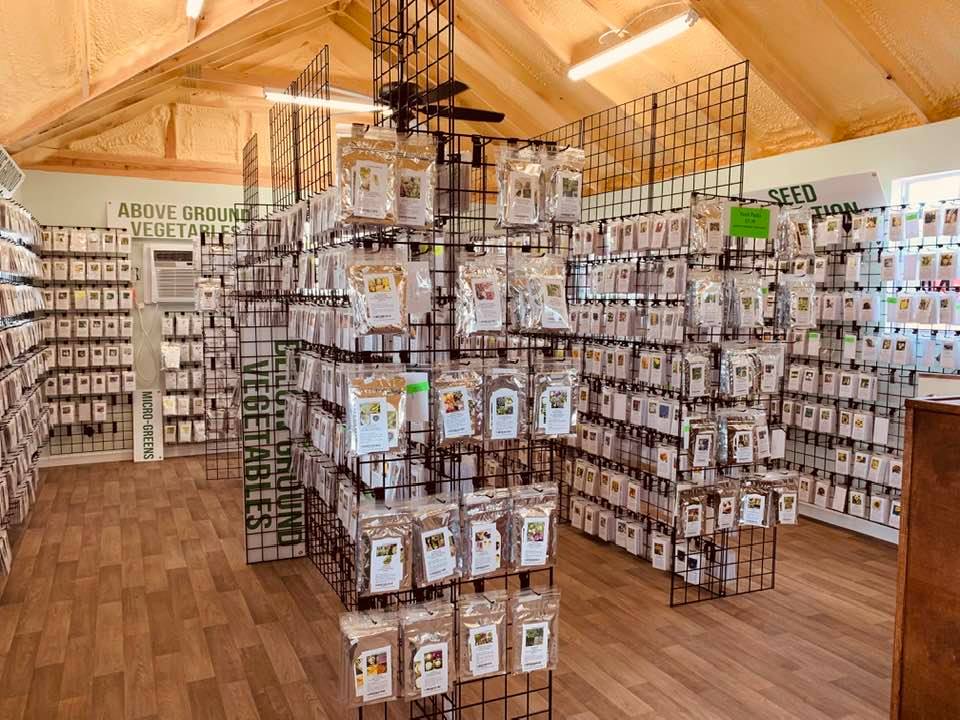
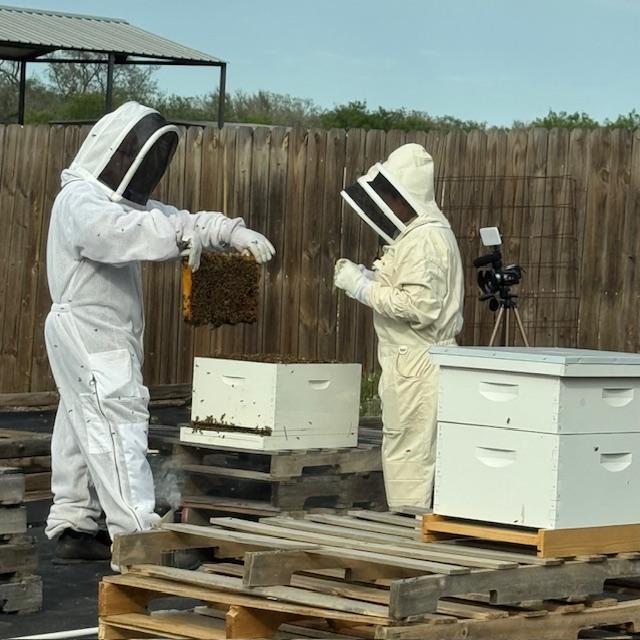 Our bee hives
Our bee hives Our fish pond
Our fish pond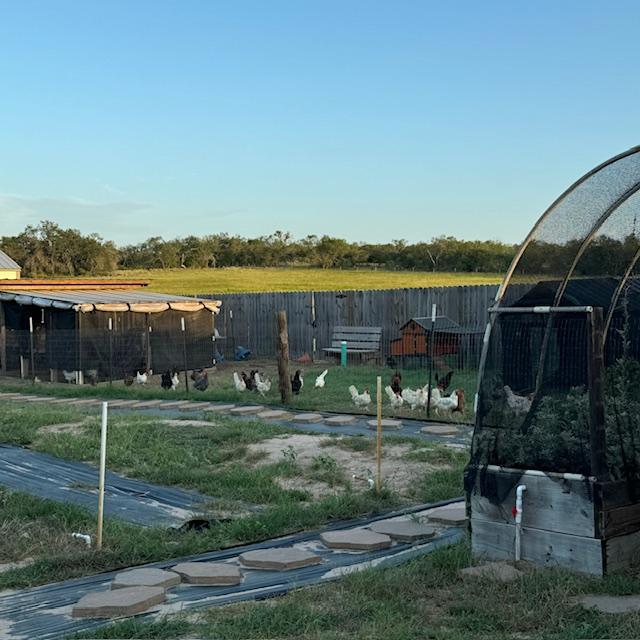 Our chickens
Our chickens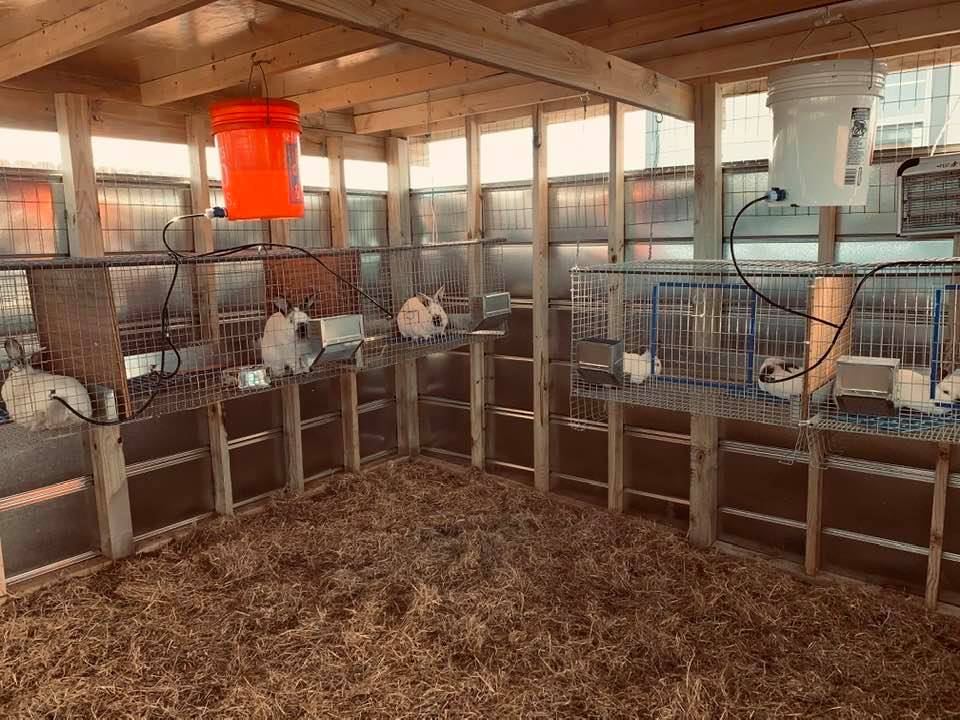 Our bunny rabbits
Our bunny rabbits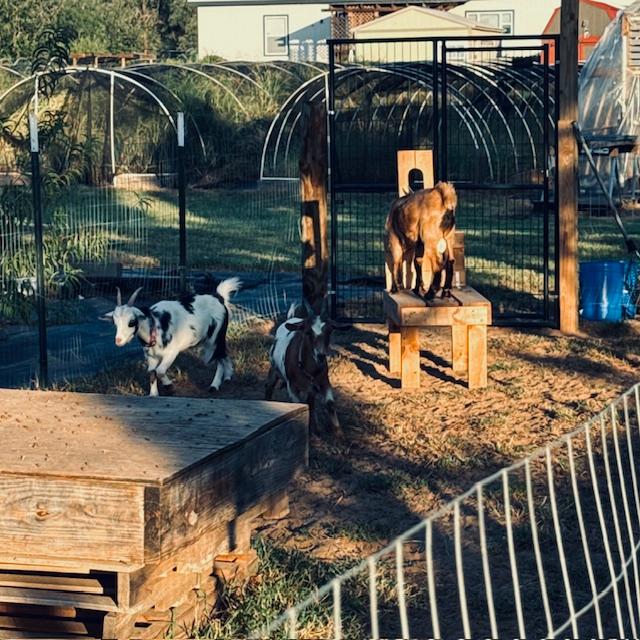 Our Nigerian Dwarf goats
Our Nigerian Dwarf goats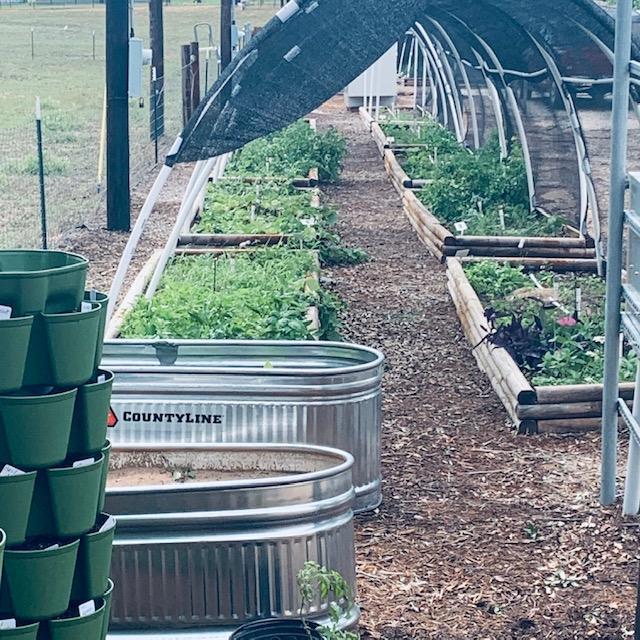 A few of our raised garden beds
A few of our raised garden beds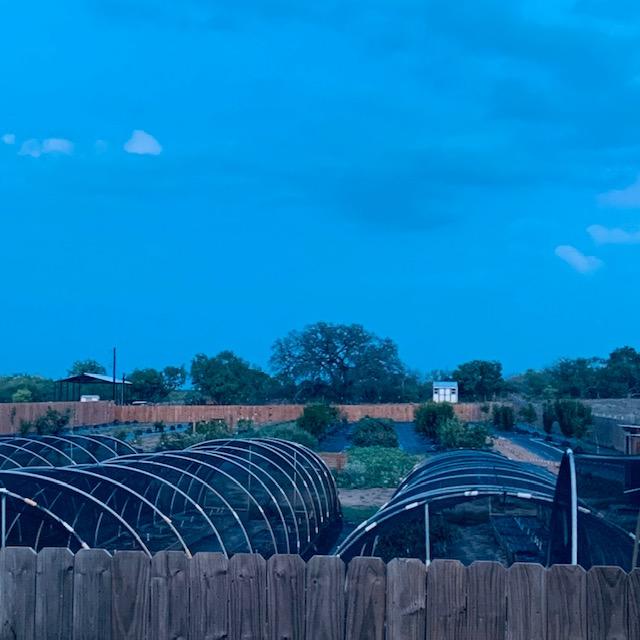 Our orchard and hoop houses
Our orchard and hoop houses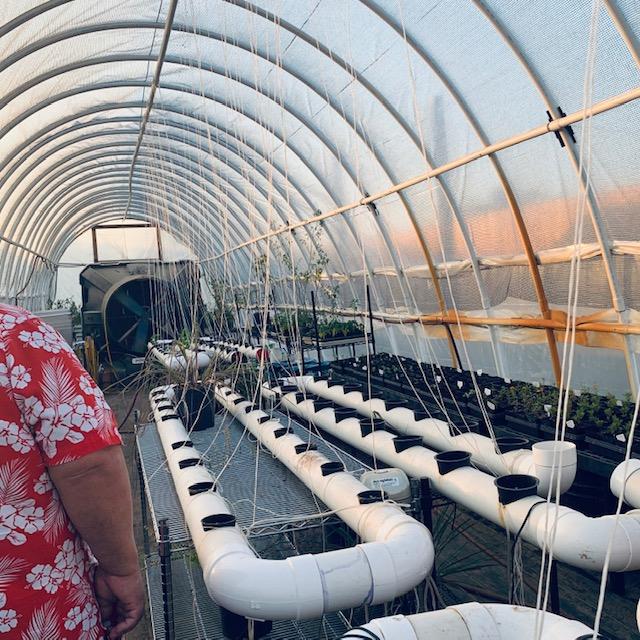 Inside our high tunnel
Inside our high tunnel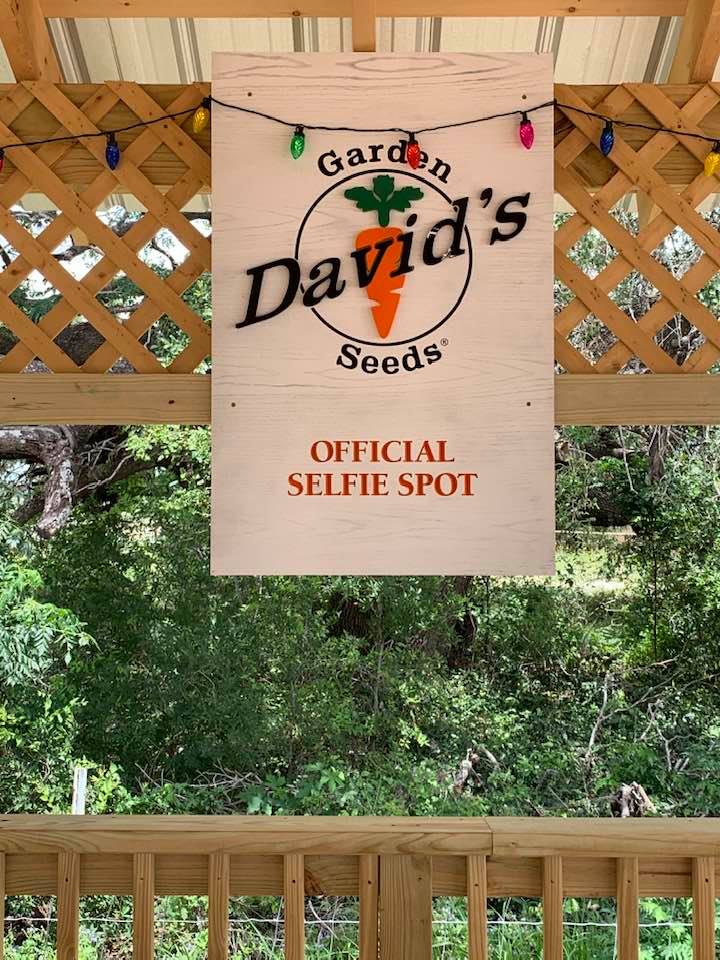 Take a selfie at our official selfie spot!
Take a selfie at our official selfie spot!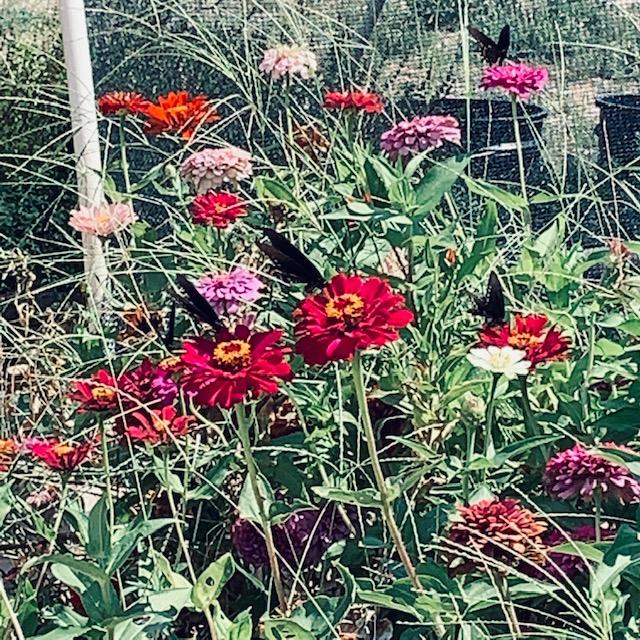 Flowers, bees, and butterflies are everywhere!
Flowers, bees, and butterflies are everywhere!